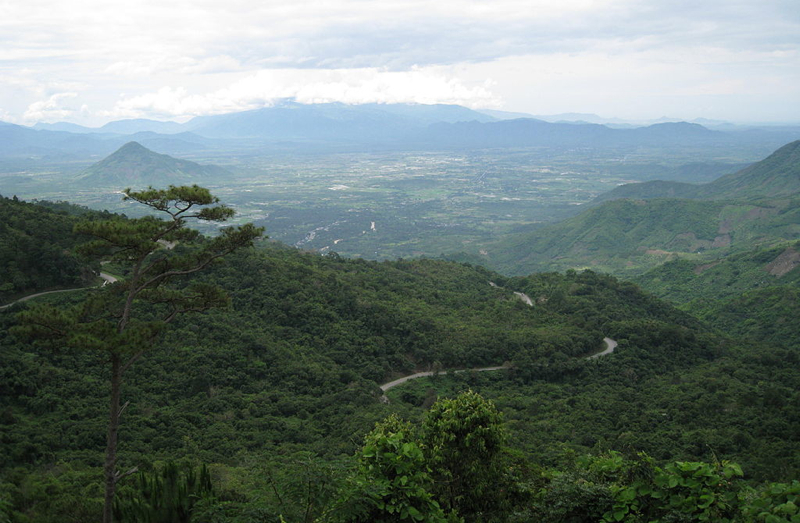Russia banks on Vietnamese nuclear


--
While the West hems and haws over nuclear power, much of the world is getting on with it as a form of steady low carbon energy. The latest example: Russia's VTB Bank has offered a $1 billion loan to help build Vietnam's first ever nuclear reactors.
VTB would provide the funds to Rosatom, Russia's state-owned nuclear corporation which is scheduled to start construction in 2014, Russian news agency RIA Novosti reports.
"We are ready to support Rosenergoatom (part of Rosatom), which is taking part in the construction there," said VTB management board member Valery Lukyanenko. "We said a week ago we are ready to allocate around $1 billion."
Rosatom expects to start construction in 2014 of two 1.2 gigawatt reactors using the Russian VVER design, which is a conventional solid uranium-fueled, water-cooled technology. The World Nuclear Association (WNA) says that Rosatom's Atomstroyexport division will oversee the project.
The Ninh Thuan nuclear power plant in southern Vietnam would cost a total of $10 billion and start operations in 2020, RIA says. It would be followed by other VVERs and by several Japanese-built reactors, according to the WNA. The country would then have a total of 15 gigawatts of nuclear capacity by 2030, the RIA article states.
According to WNA projections, nuclear will meet about 8 percent of Vietnam's electricity demand by 2030, growing to as much as 25 percent by 2050.
In 2030, coal's contribution will be as high as 56 percent, the WNA says. That echoes a call by the World Bank to allow poor countries to burn coal to help lift them economically. Although Vietnam's "poverty headcount" has shrunk significantly over the last two decades to what the World Bank says is now about 20 percent, the financial institution is concerned over prevailing challenges, including poverty among ethnic minorities.
Nuclear power plants require significant upfront capital - although innovative alternative reactors and small modular reactors could lower the upfront cost. Once running, they can provide decades of steady low carbon power, for as many as 60 years under some schemes.
Nuclear is a significant part of future power plans in China, Russia and India. It is also poised to make a comeback in Japan, which has shut down all but two of its reactors following meltdowns at the Fukushima Daiichi plant in 2011. The absence of nuclear power has presented economic difficulties.
Photo from Nguyen Thanh Quang via Wikimedia.
A sampling of atom splitters on SmartPlanet:
- Top scientists recommend alternative nuclear for UK
- Nuclear: Less CO2 than solar, hydro, biomass
- Nuclear fusion from Google, Lockheed, Draper Fisher
- World Bank urges coal for poor countries
- Just a partial nuclear restart would save Japan $20 billion
- Lights! Cameras! Atoms! Sundance to debut pro-nuclear film
- Solar farm providing only intermittent power? Add a small nuke!
- Son of China's ex-president: Thorium will help shape country's energy future
- India's Prime Minister: Nuclear power? Yes please!
This post was originally published on Smartplanet.com